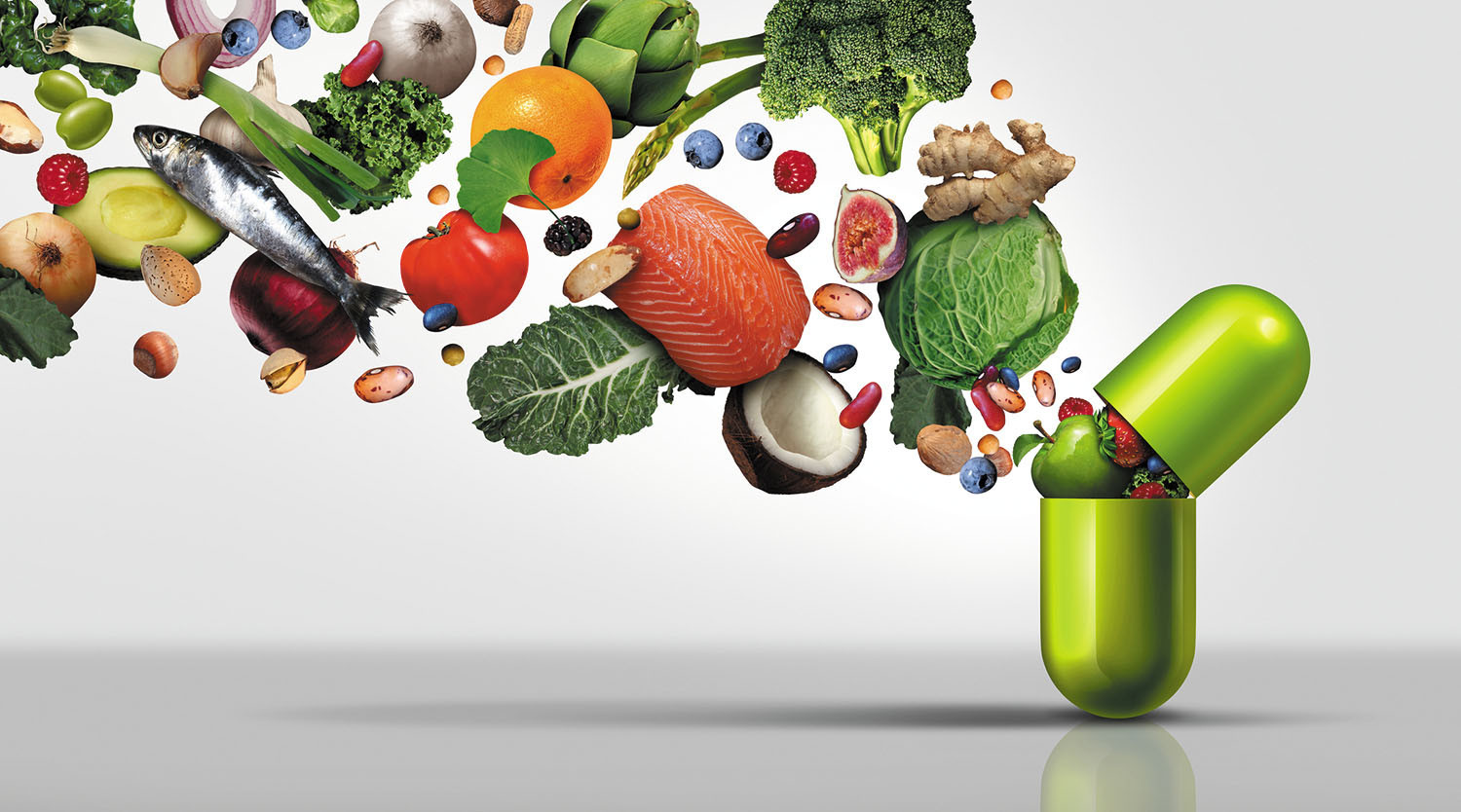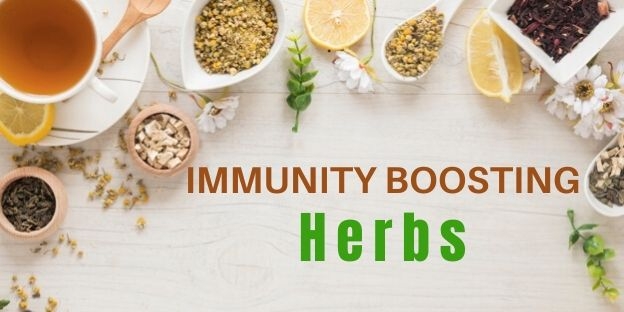The supplement industry often promises quick and easy ways to get your daily nutrients. However, the reality is that most vitamins and minerals are absorbed better through food. Let’s explore why whole foods are superior to supplements and how you can optimize your nutrient intake naturally.
The Superiority of Whole Foods
Whole foods provide a complex matrix of nutrients that work together to enhance absorption and effectiveness. When you consume vitamins and minerals from food, they come with a host of other beneficial compounds like fiber, antioxidants, and phytochemicals that aid in their absorption and utilization by the body1.
Better Absorption
Research shows that the body absorbs nutrients from food more efficiently than from supplements. For example, the calcium in dairy products is better absorbed than the calcium in supplements2. This is because food sources of calcium come with other nutrients like vitamin D and lactose, which enhance calcium absorption2.
Synergistic Effects
Nutrients in whole foods work synergistically. For instance, the vitamin C in fruits and vegetables enhances the absorption of iron from plant-based foods1. This synergy is often missing in supplements, which typically contain isolated nutrients1.
The Risks of Supplements
While supplements can be beneficial in certain situations, they are not without risks. Over-reliance on supplements can lead to nutrient imbalances and potential toxicity3. Here are some concerns:
Overconsumption
It’s easy to overconsume certain nutrients when taking supplements. For example, excessive intake of vitamin A can lead to toxicity, causing liver damage and other health issues3. In contrast, it’s much harder to consume toxic levels of vitamins and minerals from food alone.
Lack of Regulation
The supplement industry is not as tightly regulated as the food industry. This means that supplements can vary widely in quality and potency3. Some supplements may contain contaminants or not provide the advertised amount of nutrients3.
How to Optimize Nutrient Intake
To ensure you’re getting the most out of your diet, focus on consuming a variety of nutrient-dense foods. Here are some tips:
Eat a Rainbow
Incorporate a wide range of colorful fruits and vegetables into your diet. Each color represents different phytonutrients and antioxidants that support overall health1.
Choose Whole Grains
Whole grains like quinoa, brown rice, and oats are rich in essential vitamins and minerals, as well as fiber, which aids in nutrient absorption1.
Include Healthy Fats
Healthy fats from sources like avocados, nuts, and olive oil help the body absorb fat-soluble vitamins such as A, D, E, and K1.
Stay Hydrated
Proper hydration is crucial for nutrient absorption and overall health. Drink plenty of water throughout the day to support your body’s functions1.
Conclusion
The supplement industry may promise quick fixes, but the best way to get your vitamins and minerals is through a balanced diet rich in whole foods. These foods provide a complex array of nutrients that work together to enhance absorption and support overall health. By focusing on a varied and nutrient-dense diet, you can ensure you’re getting the most out of your meals and supporting your long-term well-being.





